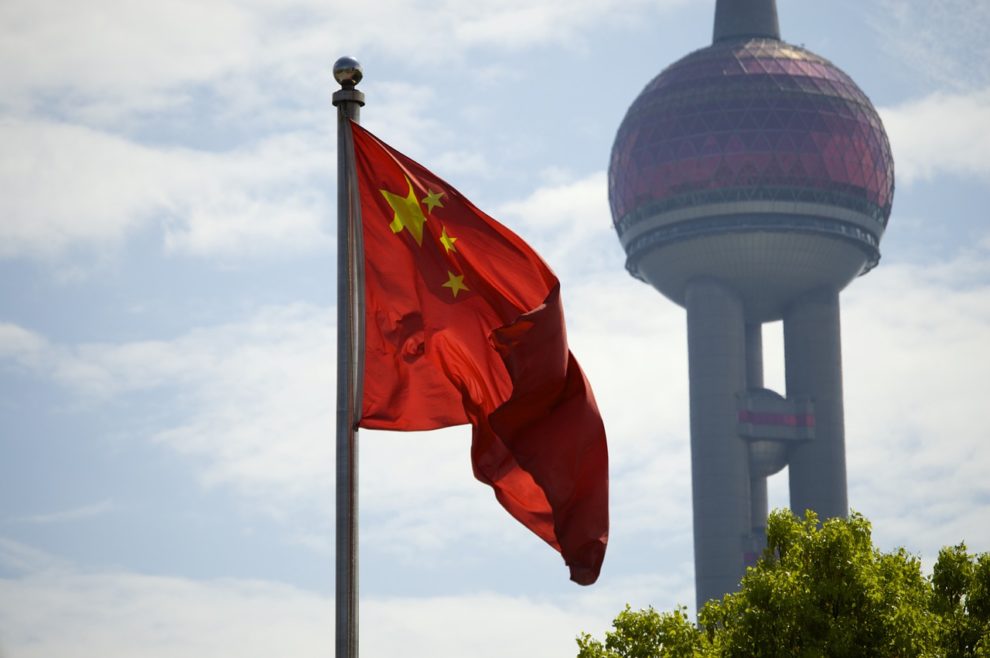Chinese companies’ mistreatment of local employees is fueling anti-China sentiments in Zimbabwe. It became clear after two explosions jolted Zimbabwe’s Mazowe district late last week. The two gas explosions killed eight people, six of whom were Chinese nationals. The police are looking into the cause of the explosion.
According to police, the incident occurred at a mine about 50 kilometres (30 miles) north of Harare. While the villagers were saddened by the death of a local, they had no sympathy for the Chinese nationals. It was reported that villagers in the vicinity of the SAS Mine in Mazowe were overjoyed following the death of six Chinese nationals who worked as managers at the site. The late Chinese managers were described by the villagers as “stubborn” and “disrespectful” of the locals.
The incident has drawn attention to the area’s current conditions in terms of ill-treatment meted out to employees by Chinese managers. Following the first explosion, the area councillor asked Chinese managers to halt all operations, but they did not comply. Instead, these managers smuggled workers in from the outside via a broken fence. Furthermore, these managers threatened employees with dire consequences if they raised concerns about their personal safety.
According to the local news website, Mazowe South Ward 2 councillor Taera Tapererwa confirmed that the Chinese managers were quite rude to the employees. According to a mine worker, Chinese managers disregarded warnings. They also showed no remorse for the death of the first victim. Six Chinese were killed in the second explosion, and it was then that it was realised that the situation at the mine was dangerous.
The Chinese Embassy in Zimbabwe stated that it is in close contact with responsible Zimbabwean authorities and has asked the Zimbabwean side to assist with emergency care and an investigation into the incident. To avoid similar incidents, the embassy has urged Chinese companies in Zimbabwe to increase safety production awareness and conduct immediate thorough inspections of workplace practises, including raw material management.
Experts on Zimbabwean affairs are pessimistic about any improvement in the situation on the ground. Zimbabwe, like many other African countries, is heavily influenced by China, whether politically, militarily, or economically. China has been calling the shots in Zimbabwe, so much so that despite numerous cases of rampant abuse of local labourers by Chinese employers, the government has taken no action.
According to available reports, locals are concerned that China will seize their assets if Zimbabwe fails to repay the loan. China has made significant investments in Zimbabwe, including large loans. Local newspapers have occasionally reported that Chinese companies have been mistreating local workers and not paying them a living wage. A local employee was reported to have been shot dead by a Chinese employer at a mine when the labourers demanded their legitimate unpaid wages.There have been several incidents in which Chinese company owners have ignored Zimbabwean law and citizens’ legal rights, instead discriminating against them in favour of onsite Chinese miners by paying them low wages of only $35 US per month. There have also been reports of Chinese employers assaulting local workers by forcing them to work in dangerous, inhumane, harsh, and life-threatening conditions that amounted to slavery.
During the pandemic, Chinese companies allegedly ignored Covid-19 guidelines and forced employees to stay together. In one case, 16 employees were reportedly forced to share a single room. The Zimbabwe Congress of Trade Unions (ZCTU) has repeatedly objected to Chinese employers’ assaults on local workers. The ZCTU has been successful in putting pressure on Chinese corporations to make amends. So much so that Chinese diplomats have attempted to reach an agreement with Union leaders.
Following complaints of exploitation of local employees, the ZCTU has taken up issues with Chinese companies. Sunny Yi Feng, a Chinese ceramic tile manufacturing company, had a verbal spat with the Zimbabwe Congress of Trade Unions (ZCTU) in June over claims of labour rights violations, including unsafe working and living conditions. In the absence of legal action, ZCTU launched a social media campaign to raise awareness about factory workers’ working and living conditions. ZCTU’s actions were described as “corporate bullying” motivated by a “hidden agenda” by the Chinese company.
Several other allegations have been made against Chinese companies doing business in Zimbabwe. According to a Brookings Institution report from 2016, there are at least 10,000 Chinese nationals in Zimbabwe, many of whom work in the mining, telecommunications, and construction sectors. Chinese-owned businesses, on the other hand, have a reputation for mistreating employees.
In 2019, there were reports of a workers’ strike in a mining company over low wages. Because they were being exposed to hazardous fumes, these workers also demanded a safety kit. Earlier, two mining workers were shot in Gweru in a “isolated incident,” according to the Chinese embassy in Zimbabwe.
